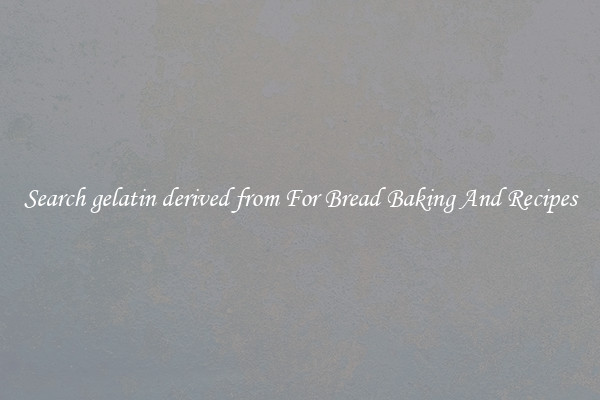Search sodium saccharin industrial grade For Bread Baking And Recipes
Sodium saccharin, commonly known as saccharin, is a synthetic sweetener that has been used in the food industry for many years. It is widely used as a sugar substitute in various food products, including bread baking and recipes. The industrial-grade saccharin is specifically formulated to meet the requirements of commercial bread production and recipes.

One of the key benefits of using sodium saccharin in bread baking is that it provides sweetness without adding any extra calories. This makes it an excellent choice for people who are trying to reduce their sugar intake or are on a calorie-controlled diet. It allows consumers to enjoy the same level of sweetness in their bread without the guilt of consuming excess sugar.
Sodium saccharin also enhances the flavor profile of bread products. It has a sweet taste that is similar to sugar, but without the same aftertaste. This means that it does not affect the overall taste of the bread negatively, allowing the other flavors to shine through. Furthermore, it does not react with other ingredients in the dough, making it an ideal choice for baking bread.
Another advantage of using industrial-grade saccharin in bread baking is its stability during the baking process. It remains intact even at high temperatures, ensuring that the sweetness and flavor are retained. This quality is particularly important in bread baking, as the dough undergoes significant temperature changes during the baking process.
Using sodium saccharin in bread recipes is also beneficial for individuals with diabetes or those who need to control their blood sugar levels. It does not affect blood glucose levels, making it a suitable sugar substitute for people with diabetes. This enables them to enjoy bread and other baked goods without compromising their health.
When using sodium saccharin in bread baking and recipes, it is essential to follow the recommended usage guidelines. Too much saccharin can result in an overly sweet flavor, which may negatively impact the taste of the bread. It is crucial to strike a balance and use the appropriate amount to achieve the desired level of sweetness.
In conclusion, sodium saccharin is a versatile sweetener that finds its place in the bread baking and recipes industry. Its ability to provide sweetness without adding calories or affecting blood sugar levels makes it an attractive choice for both commercial bread production and personal baking. It enhances the flavor profile of bread products while maintaining stability during the baking process. So, for those who are looking to cut down on sugar or manage their blood sugar levels, sodium saccharin is an excellent option for adding sweetness to bread baking and recipes.

View details

View details

View details

View details








